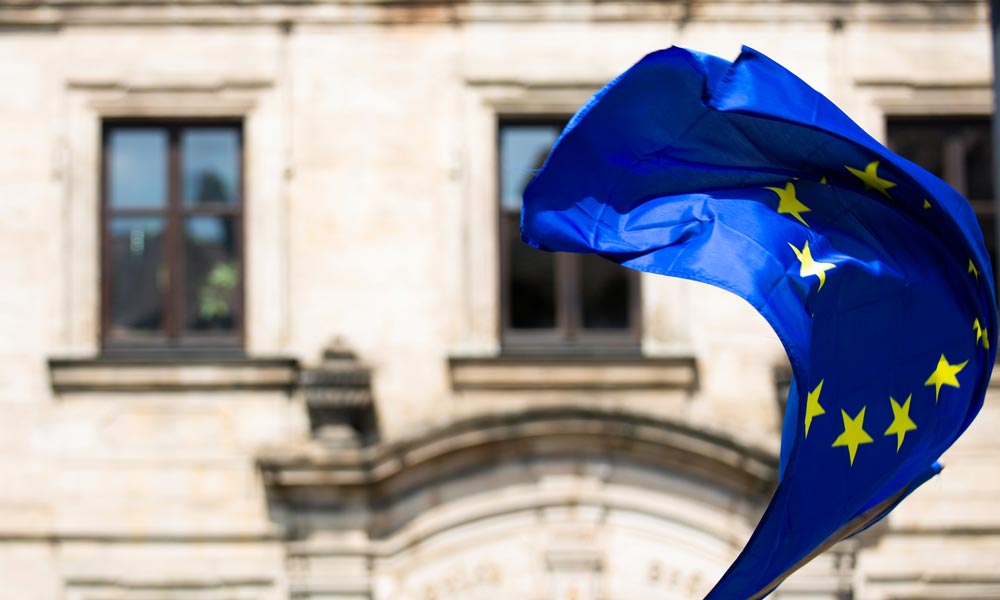EU Parliament published its final position on the AI Act

The European Parliament has published its final position on the EU AI law, highlighting some changes to the original draft.
One of the most significant changes is the expansion of the law's scope. The definition of "artificial intelligence" is expanded to include machine systems that can generate predictions, recommendations, or decisions for implicit and explicit goals with varying degrees of autonomy, which is … very broad.
The ban on biometric identification systems, such as those used for social scoring, has been broadened, and "recommendation systems of very large online platforms" may be classified as high-risk AI systems, which are those that cause significant harm to people's health, safety, fundamental rights, or the environment.
"The AI Act will set the tone worldwide in the development and governance of artificial intelligence, ensuring that this technology, set to radically transform our societies through the massive benefits it can offer, evolves and is used in accordance with the European values of democracy, fundamental rights, and the rule of law," says Co-rapporteur Dragos Tudorache.
More AI systems were added to the list of prohibited systems, such as predictive policing and biometric categorization, and some fines for violations were significantly reduced.
Generative AI on the test bench
The act now also explicitly mentions generative AI, which would need to be reviewed in advance. Companies offering foundation models, a rapidly advancing innovation in AI, would be required to assess and address potential threats to areas such as health, safety, fundamental human rights, the environment, democracy and the rule of law. They would also be required to register these models in the EU database before placing them on the EU market.
Generative AI systems based on such models, like ChatGPT, would have to comply with transparency requirements (disclosing that the content was AI-generated, also helping distinguish so-called deep-fake images from real ones) and ensure safeguards against generating illegal content.
Negotiations with the Council on the final form of the law will begin later today.
AI News Without the Hype – Curated by Humans
As a THE DECODER subscriber, you get ad-free reading, our weekly AI newsletter, the exclusive "AI Radar" Frontier Report 6× per year, access to comments, and our complete archive.
Subscribe nowAI news without the hype
Curated by humans.
- Over 20 percent launch discount.
- Read without distractions – no Google ads.
- Access to comments and community discussions.
- Weekly AI newsletter.
- 6 times a year: “AI Radar” – deep dives on key AI topics.
- Up to 25 % off on KI Pro online events.
- Access to our full ten-year archive.
- Get the latest AI news from The Decoder.